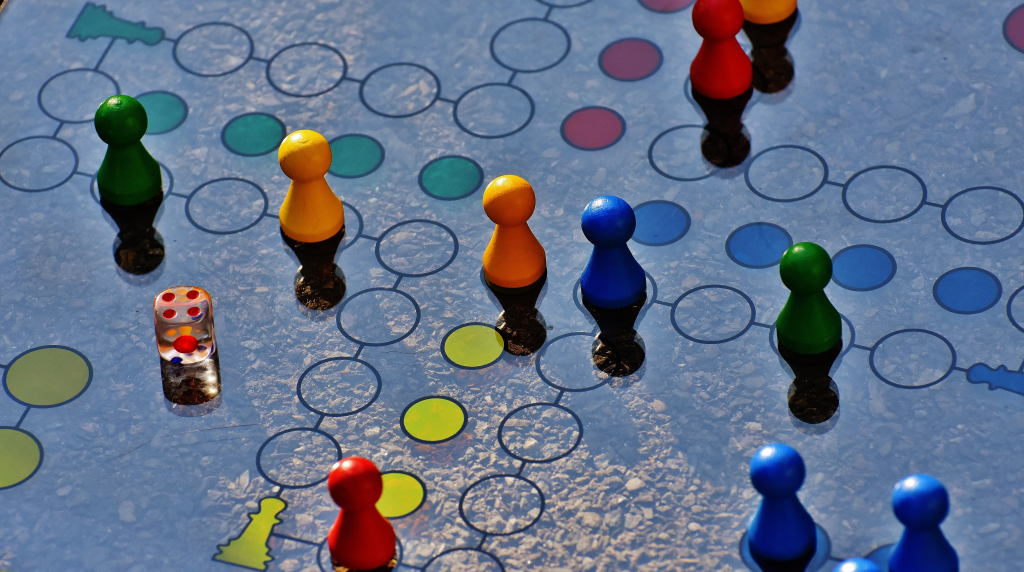We have already spoken to you on other occasions about the Howard Gardner’s Theory of Multiple Intelligences, in which it is considered that there is not a single type of intelligence, and that several types of intelligence can be developed, such as bodily-kinesthetic intelligence, the logical-mathematical intelligence or spatial intelligence, among others. On this occasion, we are going to analyze what interpersonal intelligence consists of, and how we can develop it successfully in class.
Do you already know interpersonal intelligence, or do you think you know it? You will surely discover something new in this post that we bring you 😉
Interpersonal intelligence: definition and characteristics
When we talk about interpersonal intelligence, we talk about the people’s ability to understand others and relate to other people. People who have more developed interpersonal intelligence have more ability to interpret the emotions of others, know how to establish emotional relationships with other people, have more developed empathy, and work well as a team.
In short, people with greater interpersonal intelligence have a great ability to build healthy relationships with others, and usually have good social skills, since they communicate effectively and usually have the ability to work in a group.
The main characteristics of people who have developed interpersonal intelligence to a greater degree are the following:
- They like teamwork and they feel good helping others.
- They usually have leadership skills, they have power of conviction in others.
- They usually have the capacity to moderate in conflicts and work to solve them.
- They feel empathy for others, being able to put themselves in their shoes.
Importance of interpersonal intelligence in the educational field
Working on the development of interpersonal intelligence in students from a young age provides many benefits that should be kept in mind. And the educational field is a perfect environment to encourage young people to develop these types of interpersonal skills.
- Carrying out activities that work on interpersonal intelligence allows to educate young people for the future, building a more empathetic society, with people who have communication skills and who establish healthy relationships both in the educational field and in other areas (work, personal…).
- Students are also prepared to be able to work better as a team, something that will later be essential for their professional future. In this way, they learn to collaborate, communicate effectively and resolve conflicts that may arise in a team.
- The development of interpersonal intelligence in class fosters leadership skills of the students, which will be essential in various aspects of their lives, and will help them in achieving some roles and jobs in the future.
- Another important aspect is the improving communication skills, which helps express ideas more effectively and express opinions in a respectful manner.
Activities to develop interpersonal intelligence in the classroom
Now you are clear about what interpersonal intelligence consists of and how it can benefit students, but do you know how to help your students develop it? Don’t worry, below we bring you some ideas that will inspire you:
- Encourage class discussions: Whatever the subject you teach, promoting debate activities is a very good option to develop your students’ communication and group work skills, as well as to improve their ability to argue and better understand the opinions of others.
- Say yes to cooperative games: Whether they are board games, card games, or outdoor games, these types of activities will help your students work cooperatively and communicate better with each other. If you need ideas to evaluate these types of activities, stop by Additiopedia, our bank of educational resources made by and for teachers. You will surely find something original and attractive 😉
- Personal diary about emotions: Encourage your students to keep a personal record of their emotions, and how these affect their relationships with others. This will help them become aware of the importance of one’s own emotions to build positive relationships with other people.
- Projects with social impact: Another way to work on your students’ interpersonal intelligence is to offer them the opportunity to participate in social and community projects. This will increase your empathy and feeling of belonging to society.
- Constructive feedback: If you encourage self-assessment and co-assessment between students, you will help them learn to give constructive feedback to each other, improving critical thinking and argumentation skills. With Additio App, you can do it very easily, since in the teacher’s notebook you have the possibility of evaluating self-assessment and co-assessment rubrics.
- Simulations: Another way to develop students’ interpersonal intelligence is to do simulations in which they have to put themselves in a specific situation, taking on a specific role. For example, in Economics class, you can have your students pretend to be the manager of a company, in order to develop their leadership capacity and show how they would act based on the conflicts that may arise in this situation.
Do you think that today’s young people are going to effectively develop interpersonal intelligence?
Nowadays, with technology and the Internet, young people are increasingly absorbed by them, perhaps leaving social relationships aside. Do you think it will be more difficult for these young people to develop interpersonal intelligence?
Tell us what you think on our social networks: Facebook, Twitter, Instagram and Youtube.
It is worth reminding you that if you want to try Additio App for free, you can do so with the Additio Starter plan, which is free forever 🙂
See you!





